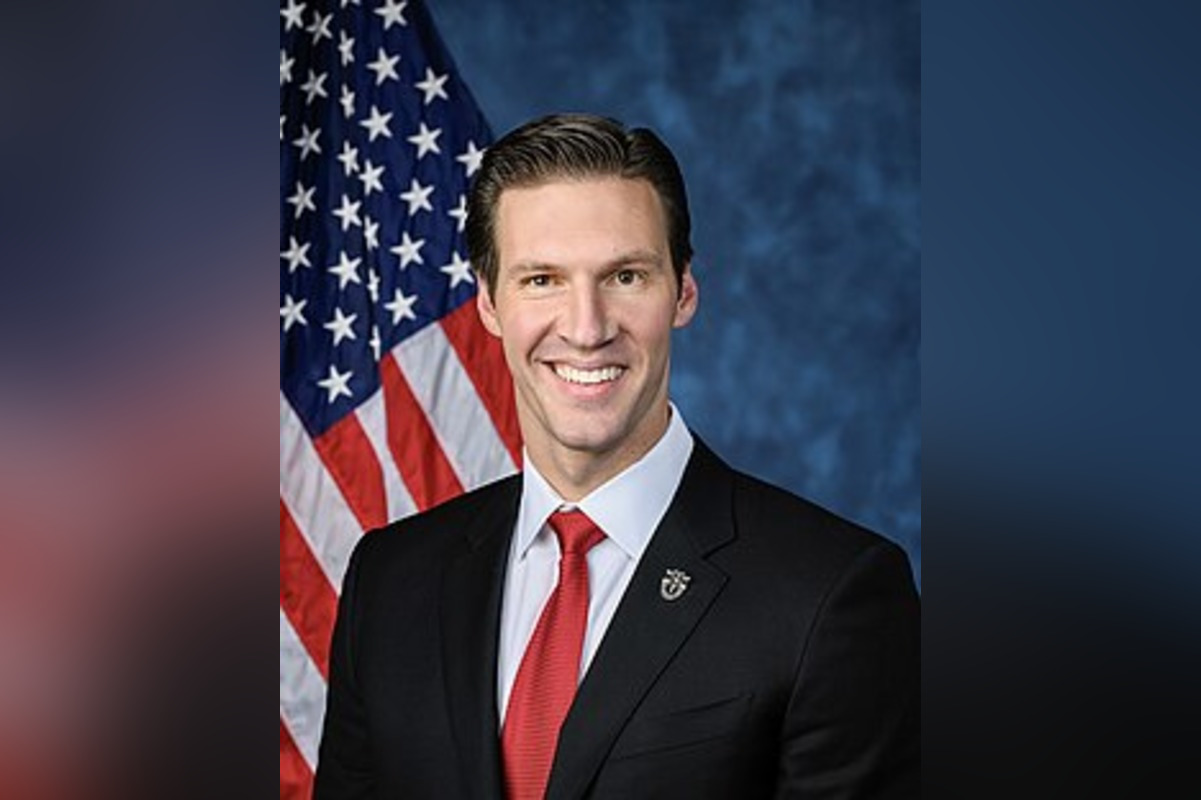North Carolina Congressman Pat Harrigan Votes in Favor of Stricter Sentencing Laws with D.C. CRIMES Act
By David Abrams
Copyright hoodline

In a move aimed at tightening control over crime legislation in the nation’s capital, Congressman Pat Harrigan has cast his vote in favor of the D.C. CRIMES Act, a bill designed to impose more stringent sentencing laws in Washington, D.C. Harrigan, representing North Carolina’s 10th district, cites growing concerns over public safety and what he perceives as the D.C. Council’s lenient stance on crime as the catalysts for his decision.
“Washington, D.C. has become a case study in what happens when ideology replaces responsibility,” Harrigan explained, in a statement obtained by his official website. He decried the council’s redefinition of ‘youth’ to include individuals up to 24 years old, apparently resulting in, lighter sentences and diminished accountability for violent offenders. The congressman’s support for H.R. 4922 is driven by his belief that this legislative intervention will reverse the trend and prioritize the safety of the public.
The D.C. CRIMES Act is particularly concerned with setting clear parameters around the judicial process in D.C. If passed into law, it would strip local government’s authority to modify sentencing, redefine youth offenders as those 18 and under, and restrict judges’ ability to issue sentences beneath established mandatory minimums. This bill, which has advanced to the Senate after Harrigan’s vote, would also mandate the D.C. Attorney General to generate monthly reports detailing youth crime statistics, including data on age, sex, race, and the nature of the offenses committed.
While the bill has successfully moved past the House with Harrigan’s support, it faces a contentious path in the Senate. Critics argue that such sweeping federal mandates infringe on local governance, however, Harrigan has issued a call for “swift action” to uphold accountability, and restore order in D.C., despite potential pushback on these grounds. The proposed legislation, he argues, is essential for the capital’s trajectory towards a safer environment for its residents and visitors alike.



